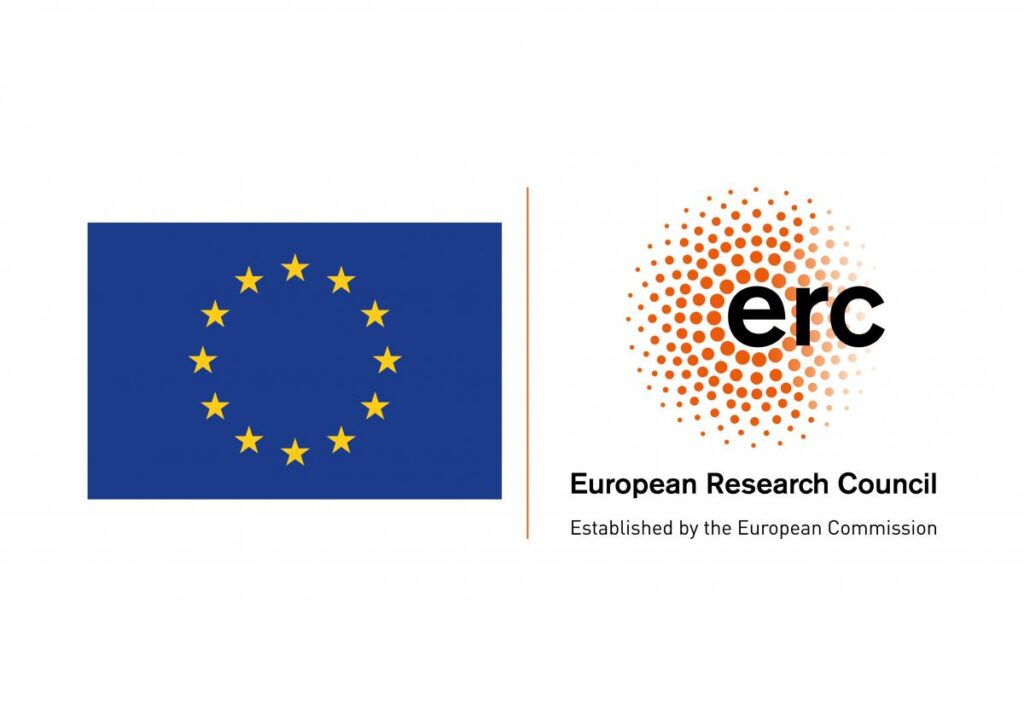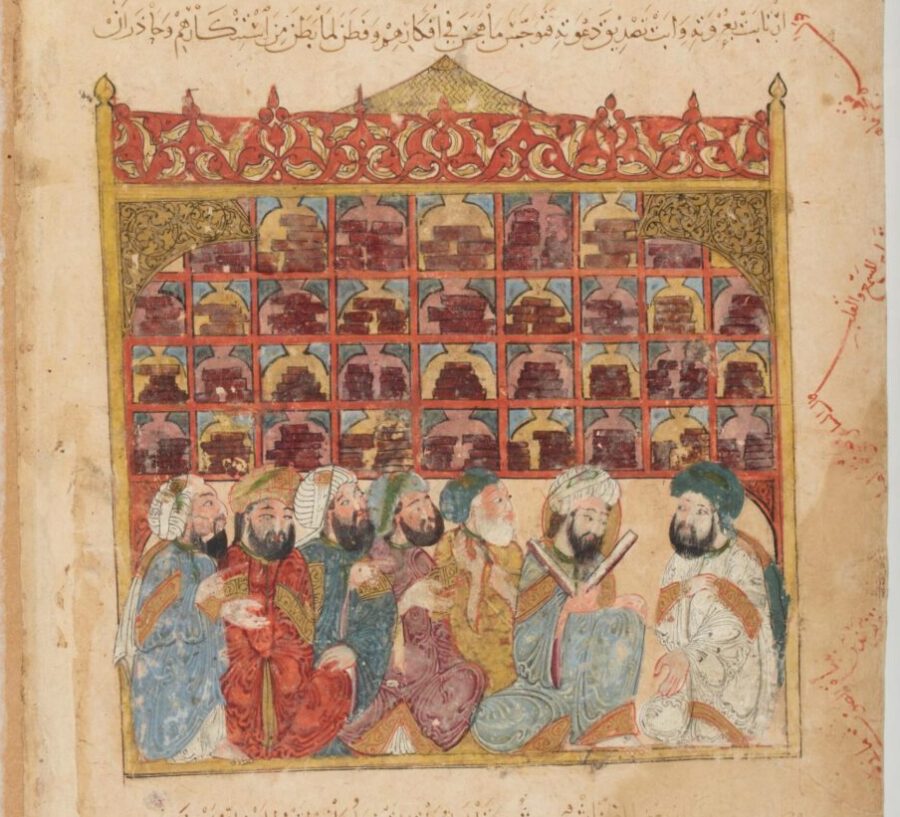*** The call for contributions is now closed. If you have any questions please write to caliphalfinances@ed.ac.uk. ***
Exciting news! The Caliphal Finances project is inviting authors to contribute with us on our Handbook of Fiscal History in the Early Islamic World (7th-10th century)!
One of the outputs of the ERC funded project The Finances of the Caliphate: Abbasid Fiscal Practice in Islamic Late Antiquity (Caliphal Finances – STG ID: 950414) will be a Handbook of Fiscal History in the Early Islamic World (7th-10th century). The aim of the volume is to provide a state of the field on the questions of fiscal collection, fiscal administration, discourses about taxation and opposition to taxation. We are now inviting authors to contribute with us to the volume. Read below about our vision for the handbook and how to contribute!
Traditionally, in studies on this topic precedence has been given to sources understood to reflect the normative discourse of the Abbasid caliphal centre. This has somewhat been balanced by the boom in papyrological research focusing on the early Islamic centuries that has allowed to bring to light the practical side of taxation. However, the papyrological research has mainly enlightened our view of the earliest period (the conquest and the Syrian Umayyad century). It also often poses the question of Egyptian exceptionalism. The proposed handbook offers to go beyond the association between literature and theory on the one side and documents and practice on the other. It aims to survey all types of available sources: long-form sources, documents, coinage, glass weights, and material culture. Narratives sources will be studied within their meaningful context of production as a pluralistic corpus reflecting the views of different types of literate elites. They will be mined to enlighten our view of both fiscal theory and practice. Documents will be placed within a reconstruction of the multilingual and multi-confessional administration in which they were produced. Approaches to tax assessment, tax rates and tax collection will go beyond the Muslim/non-Muslim divides. Fiscal logics will be studied within a wider comprehension of the economic conjecture of the period. Overall, the aim is to reveal the diversity of fiscal practices in the early Islamic world throughout the whole chronology (7th-10th century) and to reject the view of a teleological formation of the monolithic ‘classical Islamic fiscal system’.
The chronology covered (7th-10th century) will allow to focus on the pre-Fatimid/pre-Buyid Islamic world from Iberia and North Africa to Central Asia. The volume will concentrate on the specificities of the Islamicate context and will not cover the Late Antique predecessors. Priority will be given to authors/co-authors able to cover the whole chronology for the chosen topic of their contribution and to authors/co-authors having expertise on more than one region of the Islamic world. We particularly welcome collaborations and multi-authored chapters. The length of the individual chapters will vary and will be discussed case by case.
Confirmed authors include the following. All members of the Caliphal Finances project will contribute chapters to the handbook (Dalia Hussein, Marie Legendre, Noëmie Lucas, Georgi Obatnin, Eline Scheerlinck). The topics they will cover are the following:
- Tax assessment (including accounting practices) and modes of extraction of taxes (cash/kind/labour) (Egypt/Iraq)
- Multilingualism in the fiscal administration (Egypt, 7th-10th century)
- Egyptian contribution to the Abbasid coffers (750-969)
- Qabāla and ḍamān
As the Caliphal Finances project focuses largely on Egypt and Iraq at this stage, we welcome collaborations on these topics that address areas (or periods) not covered already.
Other confirmed contributions include:
- Corisande Fenwick (UCL) will write about the archaeology of Islamic taxation.
- Hannah-Lena Hagemann (University of Hamburg) will write about taxation and kharijism.
- Marie Legendre and Cecilia Palombo (University of Chicago) will write about jizya and the capitation tax.
- One chapter on fiscal revolts will be coordinated by Hannah-Lena Hagemann and we are welcoming contributors to this chapter as well.
The schedule of production will be the following:
- Please send an abstract of 200 words by 15 January 2025 to caliphalfinances@ed.ac.uk, a decision will be reached by the end of February 2025. If you want to contribute to the chapter about fiscal revolts, please cc. Hannah-Lena Hagemann as well hannah-lena.hagemann@uni-hamburg.de.
- All chapters will be workshopped at a conference taking place in June 2026 at the University of Edinburgh. All expenses for this conference will be covered by the Caliphal Finances. All draft chapters will be pre-circulated two months before the conference.
- Final revised chapters will be submitted in September 2026.
Brill has expressed interest in welcoming the volume in the Handbook of Oriental Studies series. The handbook will be edited by members of the Caliphal Finances team.
Please do not hesitate to get in touch with the Caliphal Finances team before the January deadline to discuss your potential contribution (write to caliphalfinances@ed.ac.uk).
Banner image: Ḥarīrī, A. & Wāsiṭī, Y. I. M. (1236) The Assemblies of al-Hariri. [Place of Publication Not Identified: Publisher Not Identified, to 1237] Retrieved from the Library of Congress, https://www.loc.gov/item/2021667393/.




Leave a Reply